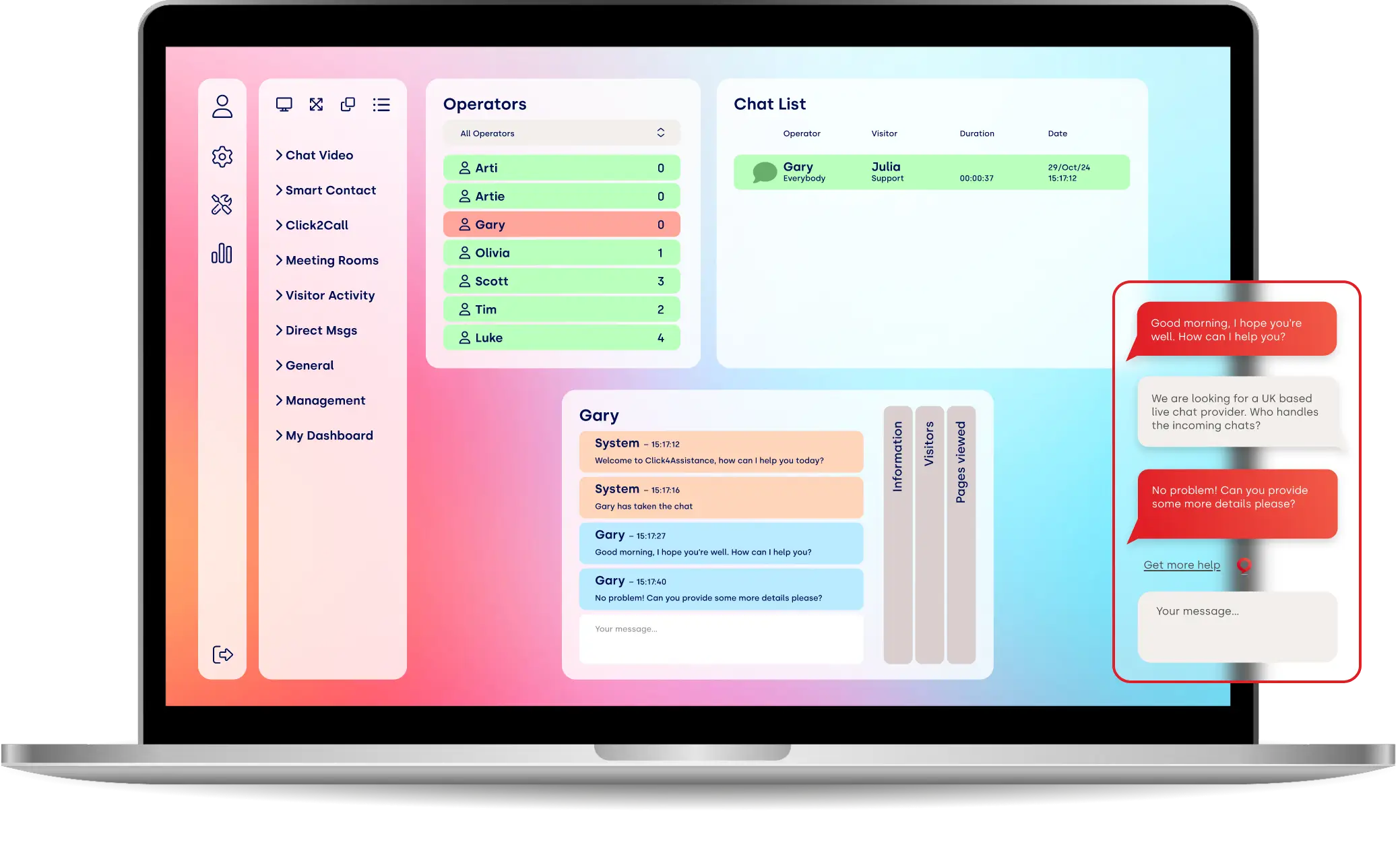12 days of Click-mas: 10 things we learnt from the AI summit

From killer robots to political coups: the Bletchley Park AI summit had it all.
The media hailed the AI summit in London as a watershed moment for the industry and humanity. The Bletchley Park meet-up attracted the best and the brightest from across the world, with 28 nations, including the US and China, signing a declaration acknowledging the catastrophic risks of AI.
Because of the number of parties involved, keeping track of everything that happened over the two-day summit is challenging, even for the keenest observers. Therefore, this article summarises the main things we learned at Bletchley Park and how they are relevant to our culture, society, and individual lives.
1. AI Could Eliminate All Jobs
Expert opinions on the risk of AI automation vary, but many leading figures in the space believe that artificial intelligence could eliminate all jobs. SpaceX and Tesla CEO Elon Musk said machines could run the economy in the background, destroying work.
“There will come a point where no job is needed – you can have a job if you want to for personal satisfaction,” he said. He also talked about the challenges of living in a future world where jobs are unnecessary. "It's both good and bad - one of the challenges in the future will be how do we find meaning in life."
The thinking behind this comes from the power of artificial thought. A generally intelligent AI system could do everything humans can and possibly better. This trend is already underway in cognitive industries because of ChatGPT, but it may also spill over into manual work as AI systems imbue robots with advanced intelligence.
2. The US And China Agreed On Something: AI Risk
Another significant news piece coming from the summit was the US and China agreeing on the risks of AI. The two superpowers embroiled in a struggle for global supremacy put aside their recalcitrance to sign an agreement, recognising the safety issues the emergent technology poses.
3. The UK Managed To Get American And Chinese Officials On The Same Stage
Former British PM Liz Truss wrote that she was “deeply disturbed” that the British government invited China to the summit, but that didn’t stop Rishi Sunak from attempting to strengthen ties with the Eastern power. Officials in attendance included China’s Vice Minister of Science, Wu Zhaohui, European Commission President Ursula von der Leyen, and US Vice President Kamala Harris. Media outlets called the event a “diplomatic coup” by post-Brexit Britain.
4. The British Prime Minister Set Out His Plan For A UK Silicon Valley
Prime Minister Rishi Sunak stated he wanted to transplant American Silicon Valley culture to parts of the UK to drive the economy. Concepts like “failing fast” and being unafraid to give up a regular paycheck are things he wanted to see in the country.
The announcement came on the back of recent data showing British incomes falling further behind those in the US. However, many commentators saw it as tone-deaf at a time when many Britons are falling behind because of the cost of living.
5. Existential AI Threats Could Be Worse Than The Terminato
Many believed James Cameron’s vision of an AI takeover in the 1984 science fiction film Terminator was as apocalyptic as it could get for humanity. But attendees at the Bletchley Park summit suggested it could be worse.
Elon Musk commented on the risks of developing humanoid robots that can follow people everywhere. He said it would only take one bad software update for them to become unfriendly.
Rishi Sunak also voiced his concerns, saying that the threat of AI is on the same level as nuclear war and pandemics. This suggestion signals a changing zeitgeist now that the best chat software for websites is approaching general human-level intelligence.
6. Kamala Harris Announced Executive Orders To Control AI Development
Seeing the potential harm of AI, the US government came to the summit armed with plans to control it. VP Kamala Harris arrived with a Biden-backed executive order outlining the steps her government would take to regulate AI, including setting up an institute to study and police it.
The announcement came after a recent US move to regulate the size of models that AI companies can train. Legislation prevents the creation of models larger than GPT-4 without proper oversight.
7. The Sunak-Musk Interview Turned Heads
A head of state interviewing a tech billionaire is not a regular occurrence and has been turning heads. Sunak posed as an eager chatshow host while deep-thinker Musk appeared in his element. Open-ended questions and honest answers made it the most compelling 40-minute segment of the two-day event.
The Bletchley Park summit was closed-door and did not allow journalists to ask questions or bring their cameras. Instead, Downing Street set up its own cameras to follow the on-stage action, with media representatives standing silently in observance.
8. Elon Musk Mocked The AI Summit On X Before Attending It
In a twist, Musk mocked the AI summit with a tweet on his platform X. The parody showed caricatures of representatives from the UK, EU, US, and China with speech bubbles saying, “We declare that AI poses a potentially catastrophic risk to humankind" with accompanying thought bubbles saying: “And I cannot wait to develop it first".
The cartoon cleverly represented the game-theory element of AI development. Every player wants safe technology, but they also want to be the leading power in the field.
9. Nick Clegg Said AI Worries Were Overblown
Nick Clegg was also in attendance as Meta’s president of global affairs. The former British politician said people didn’t need to worry about Terminator scenarios.
His comments align with the company’s chief AI scientist, Yann Le Cun, who said AI won’t go haywire and start killing everyone in previous debates and interviews. The company believes the world is at the peak of the Garner hype cycle regarding artificial intelligence, and that’s stoking fears.
10. The US Is The Global AI Leader
Finally, it became clear at the summit that the US was the global AI leader and that other countries are playing catch-up. The nation was the first to move on the technology and regulatory fronts, leveraging its commercial and political power.

























